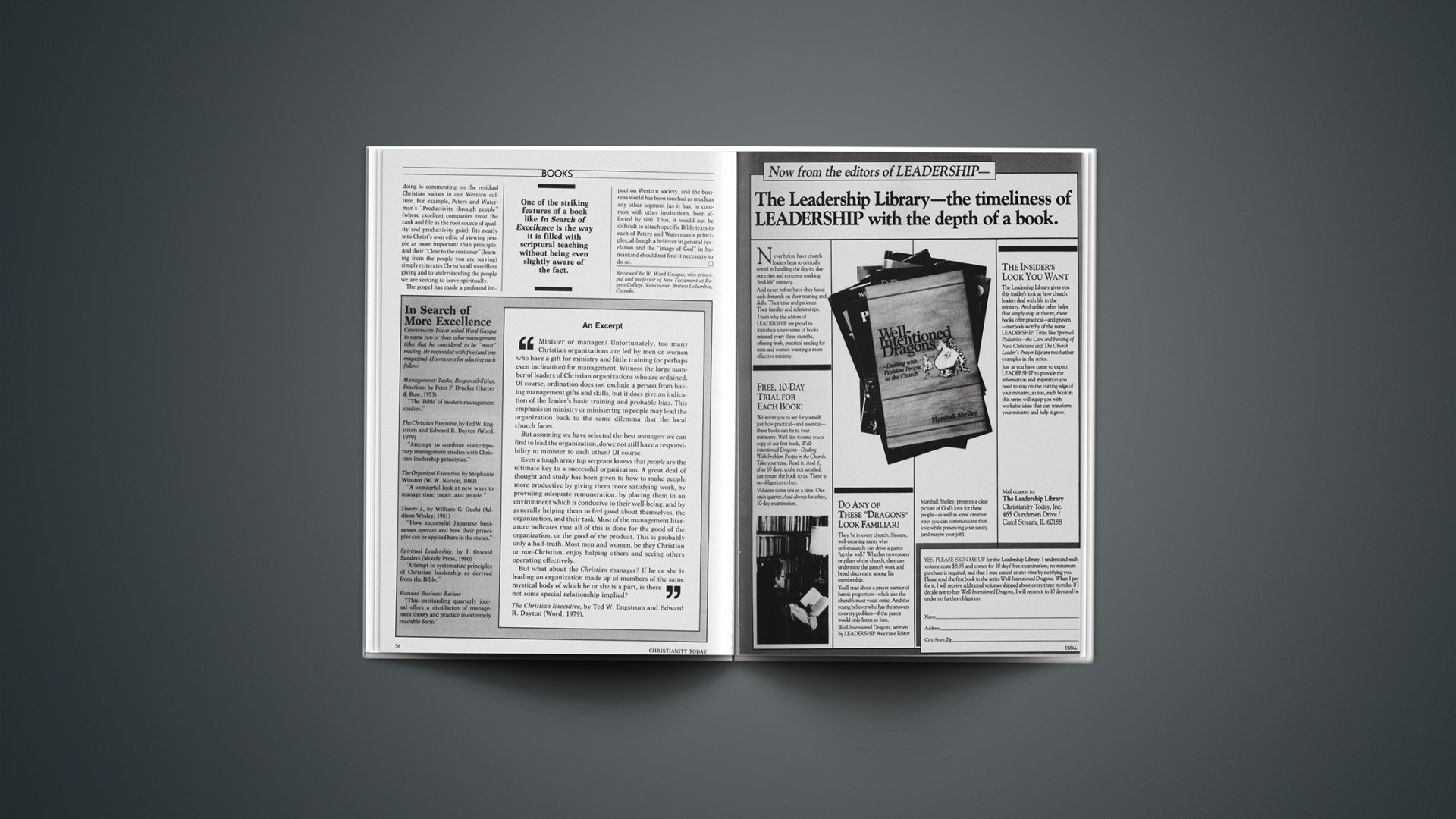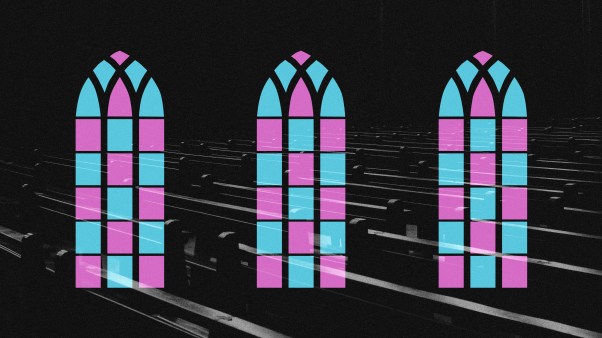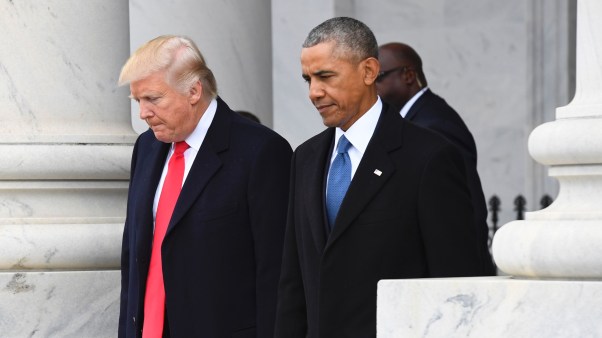The Cotton Club
Orion Pictures, directed by Francis Ford Coppola; rated R.
At the center of The Cotton Club is a heart that beats to the rhythm of a distinctly American musical idiom: jazz. Structurally complex, the film is the visual equivalent of a sizzling Duke Ellington tune—as wildly different from any other movie this year as a fugue is from a sweet saxophone solo. Its free-form style supplies an ironic counterpoint to the solemn themes of spiritual bondage and the inevitable perpetuity of evil.
The real “Cotton Club” was, in fact, as sordid as it was exciting. Founded in 1923 by mobster Owney Madden, the infamous Harlem speakeasy played host to a wide variety of celebrities and gangsters. The whites-only audience would carouse amid ersatz Southern plantation splendor while enjoying the finest all-black entertainment the Jazz Age had to offer.
Into this milieu director Francis Coppola introduces two sets of upwardly mobile siblings seeking their fortunes in the competitive atmosphere of the Cotton Club and its environs. The Williams brothers (played superbly by Gregory and Maurice Hines) battle discrimination and fraternal jealousy as they tap-dance their way to the top. But success requires submission to the apartheid policies of management, and despite their growing celebrity status, the two hoofers struggle to maintain a semblance of dignity.
In a parallel tale of captivity, the brothers Dwyer find themselves employed by bootlegger Dutch Schultz after cornet player Dixie Dwyer (Richard Gere) inadvertently saves the homicidal mob boss. Being a gangster’s flunky, however, can make for an abbreviated career, and the musician is reluctant to spend his retirement at the bottom of the river. Unfortunately, working for a psychopath can become a form of involuntary servitude, and when Dixie falls for the boss’s mistress it gets very hot in Harlem.
With slavery as his central motif, Coppola, like a demented bandleader, lays down each sizzling scene like a jazz riff, then takes off in unrestrained improvisation. His style is both nonlinear and expressionistic. Unlike a novel, followed point by point, The Cotton Club must be absorbed like a painting that conveys its thoughts spatially. Its characters—drawn broad and colorful—must be seen, not as caricatures, but as symbols of power and subservience.
Harlem is pictured as a microcosm of the world, where souls are bought and sold in a writhing human marketplace. Dixie and company learn all too quickly that “to whom ye yield yourselves servants to obey, his servants ye are.” Emancipation, Coppola implies, belongs only to those whose creativity can become a source of personal authentication. That is the kind of moral assertiveness that transcends the spiritual prostitution too often required for success. But evil can only perpetuate itself; it can never offer freedom. The figureheads of power are interchangeable and the rewards they offer are the same.
Reviewed by Harry Cheney, a sound editor at Metro-Godwyn-Mayer.










